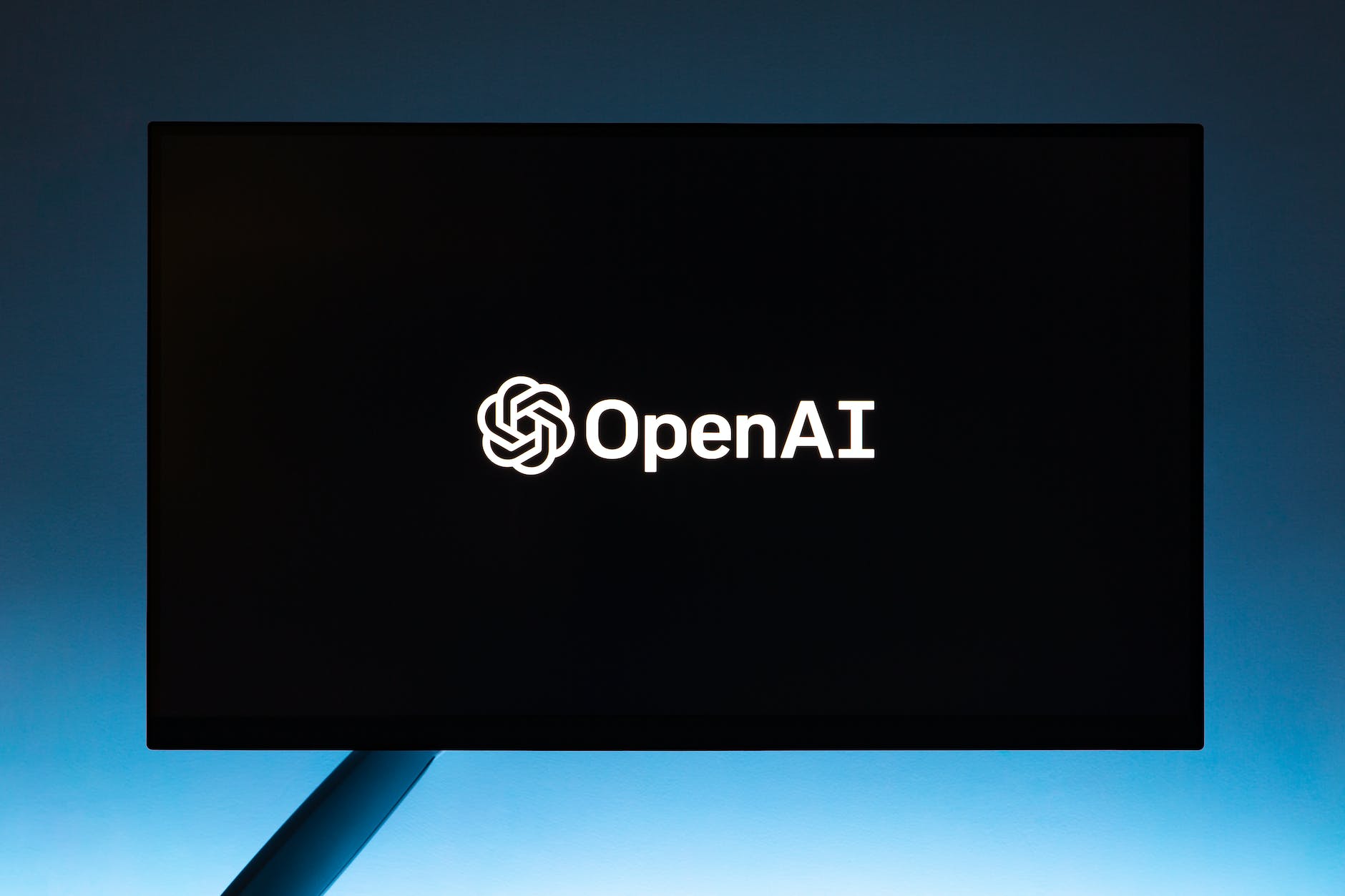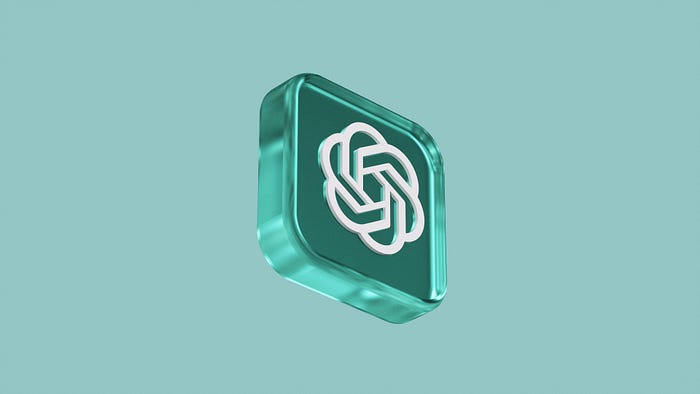Chatbots have become an integral part of our digital interactions. Whether you’re developing a chatbot for customer service, information retrieval, or even entertainment, enabling the developer mode can take your creation to the next level.
This comprehensive guide will walk you through the process of how to turn on developer mode in chatbot, unlocking a world of customization, functionality, and testing capabilities.
Understanding Chatbot Developer Mode
Chatbot developer mode is a specialized setting that empowers developers with advanced control over a chatbot’s behavior and features.
By activating this mode, you can fine-tune responses, alter conversation flows, and integrate your chatbot with various APIs and systems. This isolated environment allows you to experiment, refine, and enhance your chatbot’s performance before unleashing it to the public.

How to Activate Chatbot Developer Mode
Enabling developer mode in your chatbot involves a series of straightforward steps, tailored to the development environment you are using. Here’s a step-by-step guide to get you started:
1. Access Your Chatbot Development Platform
Begin by logging into your designated chatbot development portal or website using your unique login credentials. This could be a dedicated software or a web-based platform, depending on your preferences.
2. Locate Developer Mode Settings
After logging in, navigate to the settings or preferences section of your chatbot development platform. Look for options related to developer mode or advanced settings. Here, you will find the necessary controls to activate developer mode.
3. Enable Developer Mode
Once you’ve located the developer mode settings, toggle the switch or click the button to activate developer mode for your chatbot. This step is crucial, as it paves the way for accessing powerful customization and testing tools.
ALSO READ: is FreedomGPT safe?
4. Explore Developer Tools
With developer mode activated, a wealth of customization and development tools will become available. These tools empower you to modify dialogue flows, integrate APIs, adjust responses, and test various functions. Take your time to explore these options and familiarize yourself with their potential.

5. Save Your Changes
As you make edits and enhancements to your chatbot, remember to save your progress. Depending on your development platform, there might be a specific button or option to deploy or publish your customized chatbot, based on the platform’s guidelines.
6. Test and Refine
Frequent testing is key to ensuring your chatbot functions as intended. Utilize the testing and debugging tools offered by developer mode to identify and rectify any issues. By iteratively refining your chatbot’s behavior and responses, you can continually enhance its overall performance.
ALSO READ: What is Google Bard? Here’s How to Use this ChatGPT Rival in Your Business
Unlocking the Benefits of Chatbot Developer Mode
Chatbot developer mode opens up a plethora of advantages for developers seeking to create sophisticated and tailored chatbot experiences:
1. Customized Applications
Developer mode allows you to tailor your chatbot to suit the specific requirements of your applications. This includes crafting conversational bots, generating domain-specific suggestions, and even adjusting the chatbot’s tone and personality to align with your target audience.
2. Enhanced Functionality
With developer mode, you can expand your chatbot’s capabilities beyond basic operations. Connect it to third-party services, APIs, or databases for real-time data collection, booking creation, payments processing, and more. This versatility facilitates the creation of dynamic and effective chatbot interactions.
3. Thorough Debugging and Testing
Developer mode empowers you to thoroughly test and debug your chatbot. Simulate user interactions, identify errors, and fine-tune responses to ensure accurate and relevant information delivery. This iterative approach enables constant improvement of your chatbot’s performance.
4. Seamless Integration
Integrating chatbots with existing systems and platforms becomes seamless with developer mode. Easily connect your chatbot to customer support platforms, CRM systems, e-commerce platforms, and other tools, streamlining information exchange and automation.
In Conclusion
Activating developer mode in your chatbot marks a significant step toward creating a highly personalized and efficient user experience. With the ability to customize behavior, access advanced features, and seamlessly integrate with external systems, developer mode empowers developers to craft chatbot interactions that cater to the unique needs of their projects. So, if you’re looking to take your chatbot to new heights, now is the time to activate developer mode and embark on a journey of innovation and customization.
Frequently Asked Questions
- What is developer mode in a chatbot? Developer mode in a chatbot is a specialized setting that provides developers with advanced control over the chatbot’s behavior, responses, and integrations. It allows for customization, testing, and integration with external systems.
- How can developer mode benefit my chatbot development process? Developer mode offers benefits such as customized applications, enhanced functionality through API integrations, thorough debugging and testing capabilities, and easy integration with existing platforms.
- Can I adjust my chatbot’s personality using developer mode? Yes, developer mode enables developers to shape their chatbot’s personality traits, allowing for customization of the tone, style, and overall behavior to align with the application’s goals.
- Is developer mode suitable for all types of chatbots? Yes, developer mode can be applied to various types of chatbots, from customer service bots to content generators, offering tailored solutions for specific applications.
- What is the significance of iterative testing in developer mode? Iterative testing in developer mode ensures that your chatbot performs optimally by identifying and rectifying errors, inconsistencies, and other issues through a continuous improvement process.



0 responses to “How to Turn on Developer Mode in CHATBOT: A Step-by-Step Guide”